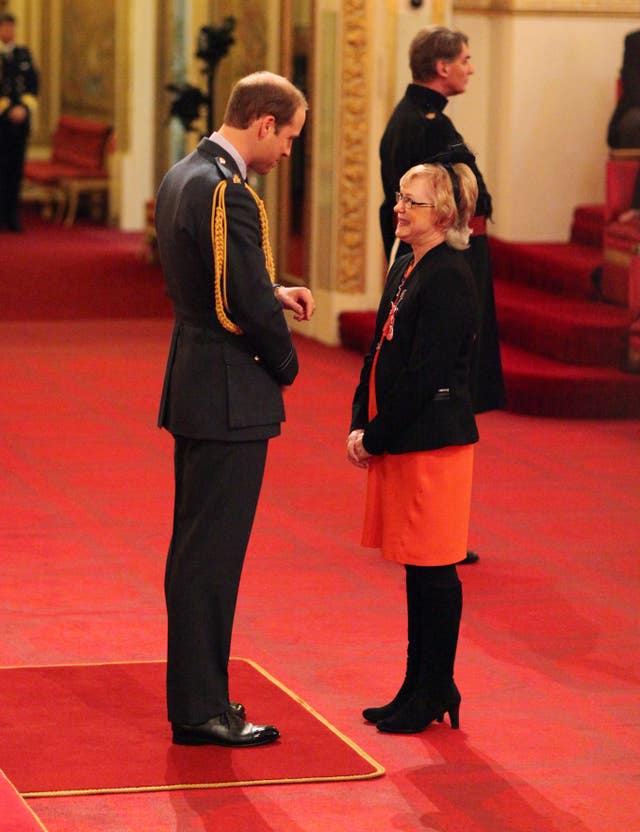BBC’s director of sport Barbara Slater to retire after 40 years at the broadcaster
She made history at the corporation when she became the first female appointed to the top sports executive position.

BBC’s director of sport Barbara Slater has announced she will be retiring next spring after 14 years in the role.
Slater, a former Olympic gymnast, made history at the corporation when she became the first female appointed to the top sports executive position.
During her time in the role, she has overseen 14 men’s and women’s football World Cups and European Championships, seven Olympic Games and was in charge during the boycott by sports presenters and pundits in support of Match Of The Day host Gary Lineker earlier this year.
BBC director-general Tim Davie hailed Slater as a “pioneer, innovator and outstanding leader” who kept the broadcaster at the “forefront of sport for a generation”.
Reflecting on her four decades at the BBC, Slater said: “It was this week 40 years ago that I first walked through the doors at Broadcasting House.
“A career in BBC Sport has been an absolute passion, never just a job.
“Since joining in 1983 I’ve been privileged to have had such amazing opportunities and the delight of working with such talented colleagues and partners.
“There are a huge number of people to thank, and so many magical memories to reflect upon.”
The sport’s director noted a number of standout moments in the role included leading BBC’s Sports relocation to Salford and overseeing the company’s drive towards digital.
She added: “I also hope that in showcasing the brilliance of women’s sport the BBC has played its part in changing attitudes, increasing its profile and inspiring the next generation.
“I must also make special mention of the Olympic Games having been a competitor in 1976 and then leading the sport teams covering a home Games in 2012.
“It was a monumental achievement for the BBC and everyone involved, as the UK hosted a sensational Olympics in London.
“I will be following the BBC’s coverage of Paris next summer, this time as a proud sports fan.”
In March, Slater issued an apology to staff after the sports schedule was disrupted by presenters and pundits boycotting their shows in solidarity with Lineker after he was temporarily taken off air after tweeting a criticism of the language used by the Government to promote its asylum plans, saying it was not dissimilar to that used in 1930s Germany.
Lineker later returned to air and Davie said the corporation had commissioned an independent review of its social media guidelines, particularly for freelancers.
Following the announcement of Slater’s departure, Davie said: “Barbara has had an extraordinary career at the BBC, a pioneer, innovator and outstanding leader, she has kept the BBC at the forefront of sport for a generation.
“I wish her well.
“She will leave the BBC with a tremendous legacy.”

“She is a much-respected leader, a real trailblazer for women in the industry who can proudly say she has inspired the next generation.”
Slater joined the BBC in 1983 as a trainee assistant producer in the natural history unit before moving into BBC Sport, specialising in outside broadcasts and overseeing the production of a range of sports, including tennis and golf.
She moved up the ranks to roles including becoming head of production and head of general sports before being appointed as director of sport in April 2009.
In 2014, she was awarded an OBE for services to sport broadcasting following on from the BBC’s broadcast of the 2012 London Olympics.





